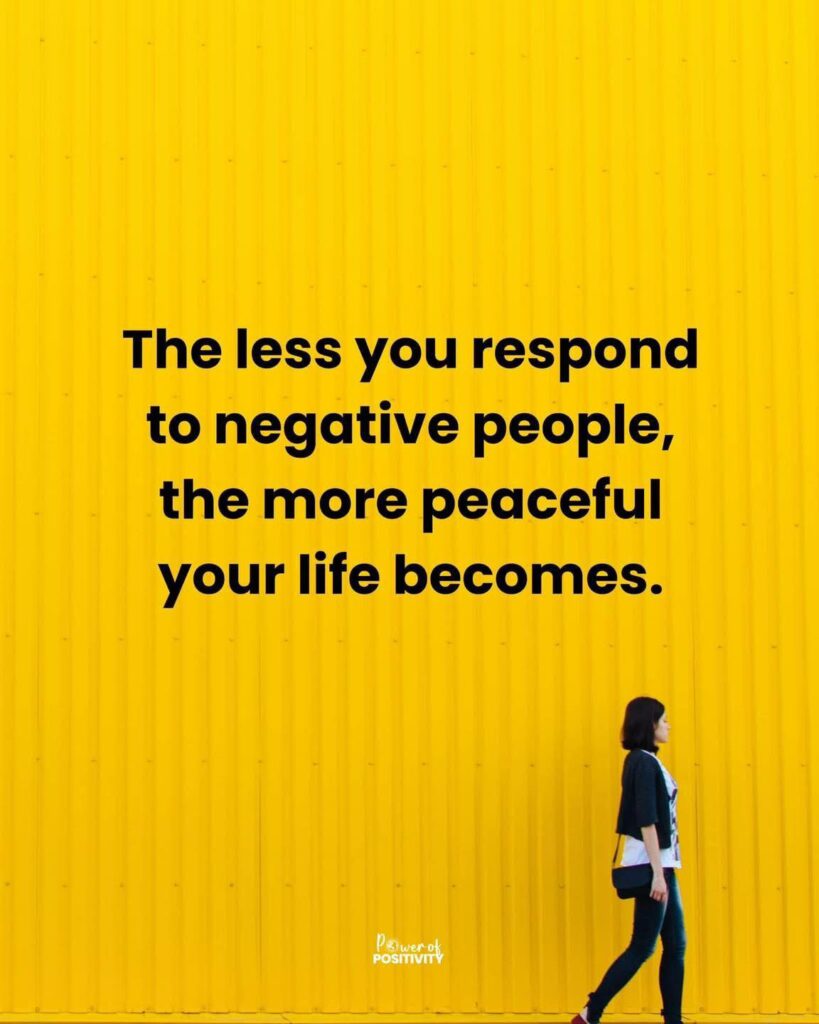Why Joy Feels Like a Luxury for So Many
There were days I crossed everything off my to-do list but still felt uneasy doing something just for me. A quiet cup of coffee, a slow walk, even ten minutes with a book—I’d feel like I had to justify it.
Joy started to feel like something extra, like dessert after a long day of doing “enough.” And when life is packed with work, family, and responsibilities, joy can slip to the bottom of the list—if it even makes the list at all.
For people who give a lot or always aim to do things right, it’s easy to believe you have to earn rest or happiness. But here’s the truth: you don’t.
Living well isn’t about constant giving or endless hustle. It’s about letting joy exist in your life—without guilt, without delay, and without needing a reason.
7 Mindset Shifts That Helped Me Prioritize Joy Without Feeling Selfish
These weren’t overnight changes, but they helped me start living well in a way that finally felt right.
1. I stopped making joy a reward for hard work
There was a time when I wouldn’t let myself rest or enjoy anything until I got everything done. But the list never ended. There was always one more task.
Joy felt like a treat I had to earn—like dessert after dinner. But I realized that mindset was holding me back from truly living well.
Here’s what changed:
- I no longer wait for the “perfect” moment to enjoy life.
- I do something kind for myself even on messy, unfinished days.
- A short walk, a favorite song, or eating lunch outside now count as joy—no achievement required.
Living well doesn’t mean pushing yourself nonstop. It means letting joy happen in the middle of life, not at the end of it.
2. I started doing things that made no sense on paper but felt good
Logic used to run my day. If something wasn’t useful or productive, I skipped it. But my soul was tired.
Eventually, I gave myself permission to do small things that simply made me smile. They didn’t need to make sense to anyone else.
Here’s what I started doing:
- Singing while washing dishes
- Sitting outside and watching the clouds drift
- Buying fresh flowers for no reason
- Saying no to plans and choosing peace instead
None of these fixed my life, but they filled it with color. Living well began to look a lot more like being happy—even when nothing was getting done.
3. I stopped apologizing for resting
Naps used to come with guilt. So did saying, “I need a break.”
I’d tell myself I had to deserve rest. I had to be really tired or really sick to take time off. That belief left me drained.
Now, I don’t wait for burnout. Rest is part of my routine, not a last resort.
Here’s what changed:
- I no longer explain myself when I rest—I just do it.
- I take breaks before I hit empty.
- I’ve stopped tying my worth to how much I get done.
Living well includes rest. It’s not lazy. It’s human.
4. I redefined what “enough” looks like
There was always pressure to do more, be more, and have more. But that pressure only left me feeling like I wasn’t measuring up.
One day I asked myself: What if today is already enough? That question changed everything.
This is how I define “enough” now:
- I did what I could. That’s enough.
- I showed up with love. That’s enough.
- I protected my peace. That’s enough.
Joy grows in the space where comparison dies. Living well started the moment I stopped chasing a version of “better” that didn’t fit my life.
5. I let go of the guilt that came with saying no
It used to feel wrong to say no—even when I was exhausted or overwhelmed.
I’d agree to things just to keep people happy. But that only left me frustrated and stretched too thin.
Learning to say no helped me reclaim my time and my joy.
Here’s what I changed:
- I stopped saying yes out of fear.
- I began checking in with how I really felt.
- I let “no” be a full sentence.
Boundaries aren’t about shutting people out. They’re about protecting your energy. And when you do that, living well becomes possible again.
6. I stopped trying to be useful all the time
Being helpful made me feel important. I thought if I wasn’t doing something for someone, I wasn’t enough.
But I got tired. Really tired. That’s when I realized I was measuring my value by how much I did—not by who I was.
Here’s how I shifted:
- I reminded myself that I matter, even when I’m doing nothing.
- I sat still on purpose, without checking my phone or planning something.
- I started letting others help me, too.
Living well doesn’t require constant motion. It asks for presence—and the courage to believe that “just being” is already good.
7. I learned to let joy be quiet, not just loud
For years, I thought joy had to be a big deal—vacations, birthdays, celebrations. But those moments are rare.
What I missed were the tiny things that happen all the time, the ones that don’t shout but still matter.
Here’s what I started paying attention to:
- A quiet coffee in the morning before the world wakes up
- A soft breeze through the window
- A deep breath that feels just right
These moments didn’t need applause. They just needed space.
Living well means noticing the quiet joys—the ones right in front of you, waiting to be felt.
What Helped Me Stick With It
Tiny things made the biggest difference. I kept a short “joy list” in my notes app—a handful of simple things that helped me feel grounded, like lighting a candle or going barefoot outside.
Checking in with how I felt instead of what I finished helped me stay on track. It reminded me that living well isn’t something I do once—it’s something I come back to, over and over.
Guilt still pops up sometimes. But instead of seeing it as a red flag, I see it as a sign I’m growing. New habits feel strange at first. That doesn’t mean they’re wrong.
Final Thoughts on Living Well Without Guilt
Pressure tells us to do more. Joy tells us to feel more. I’ve learned that living well doesn’t require another goal—it just needs space to breathe.
You don’t have to explain or earn your happiness. It’s okay to feel good even when the laundry isn’t done or your inbox is full.
Joy isn’t loud. It just needs your attention. And it’s not selfish—it’s honest.
If you’ve been waiting for a reason to give yourself permission, this is it. You’re allowed to enjoy your life—no guilt, no checklist, no “later.” Even on an ordinary Tuesday, joy is still allowed.















